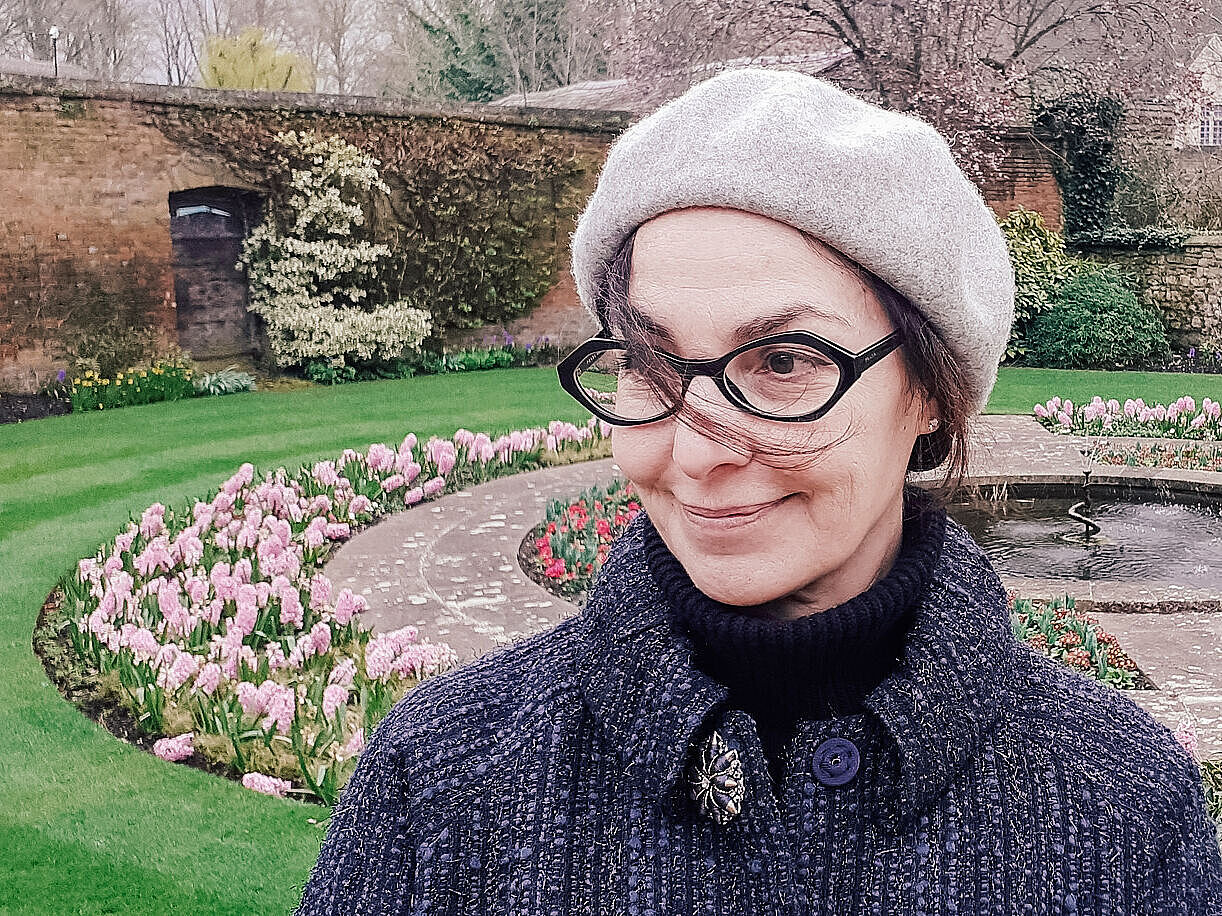In Kant‘s view, progress towards the realization of the moral ideal begins with the individual radical change of mind, but it ultimately depends on the human capacity to form collectives driven by shared rational norms. This is an empowering conception of humanity, which can be appreciated in contrast to two views. First, differently than the habituation theory, it acknowledges that changes in habits may be instrumental to achieving the necessary varieties of shared action, but they are not sufficient to sustain individual and collective commitment to the moral ideal and must be held in check by reason. Second, it shows that grace is theoretically and practically untenable. The collective pursuit of the moral ideal requires a complex institutional organization of rational agency, structured by appropriate legal frameworks. Faith and hope are distinct practical attitudes key to sustain the complex varieties of individual, social and institutional agency that allow for the full realization of the moral ideal. By considering them disjunctively, we gain a convincing explanation of the dynamics of inner moral change and its agentive impact, the role of corporative agency recruited to resist the propensity to evil, and the distinctive ways in which ethical and religious congregations are vulnerable to heteronomy.
Carla Bagnoli is a Full Professor of Theoretical Philosophy at the University of Modena and Reggio Emilia, where she also coordinates the Ph.D. program in "Religions, Cultures, and Societies." She has held visiting positions at prestigious institutions such as All Souls College, University of Oxford, and the Scuola Normale Superiore di Pisa. Her research focuses on philosophy of agency, moral epistemology, and Kantian constructivism, with a particular interest in practical reasoning and responsibility. Among her numerous publications, her recent book Ethical Constructivism (Cambridge University Press, 2022) explores the foundations of moral normativity.
Moderation: Professor Dr. Micha H. Werner
-------
Zugang zum virtuellen Hörsaal des Kollegs
Organisatorische Hinweise
Das Alfried Krupp Wissenschaftskolleg stellt diese Veranstaltung nur live als Zoom-Meeting bereit, in dem sich Zuschauende über den Chat schriftlich beteiligen können.
- Wir freuen uns, wenn Sie bei der Einwahl in Zoom Ihren Klarnamen angeben. Selbstverständlich können Sie an der Veranstaltung auch unter einem Pseudonym teilnehmen.
- Eine Liste aller Teilnehmenden ist für alle Beteiligten während der gesamten Veranstaltung einsehbar.
- Während des Vortrages sind die Mikrofone der Zuschauenden alle automatisch stumm geschaltet, um keine störenden Hintergrundgeräusche zu erzeugen. Die Kamera der Zuschauenden kann gern von Ihnen während des Vortrages angeschaltet werden.
- Während der gesamten Veranstaltung können Wortmeldungen bzw. Fragen schriftlich im Chat gestellt werden.
Aufzeichnung
Die Veranstaltung wird aufgezeichnet, um sie für die Mediathek des Kollegs zu nutzen. In der Aufzeichnung wird nur der/die Vortragende, dessen/deren Präsentation sowie der Moderator/die Moderatorin zu hören bzw. zu sehen sein. Chatbeiträge werden nicht aufgezeichnet. Ein „REC“-Zeichen am Bildrand informiert die Teilnehmenden. Sobald alle Beteiligten an der Aufzeichnung der Nutzung zugestimmt haben und alle Nutzungsrechte vorliegen, wird die Aufzeichnung auch in der Mediathek zu finden sein.

